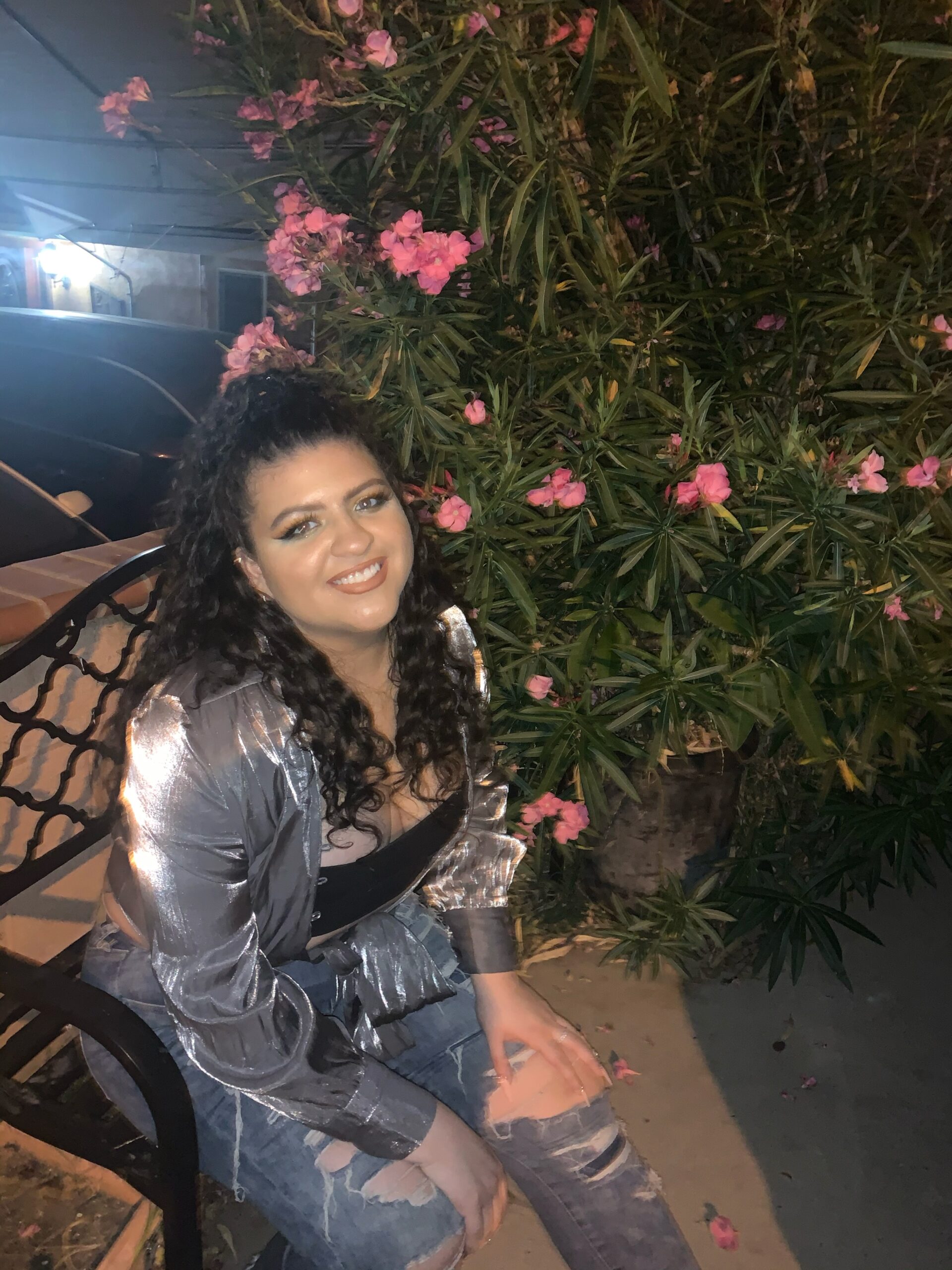Live Poster Session: Link
Abstract: Racial profiling has been a prevalent issue regarding race relations in the United States. Law enforcement and racial bias have been pertinent topics of discussion recently, as there have been widespread efforts in the more recent years to denounce police brutality, as it relates to racism and the mass incarceration of Black folks in the US. Significant populations of Black people and Hispanics have been taking up the majority of the prison populations, in part because of traffic stops influenced by racial bias. It is vital to see how communities of color are disproportionately affected by racial profiling, which is a factor in the mass incarceration of Black people. The aim of this study is to determine how much more likely are Black people and Hispanics to be stopped in traffic by law enforcement and also receive further consequences in the traffic stop. Specifically, this study examines these rates of traffic stops and further consequences against communities of color in the predominantly white state of Connecticut. The sample used in this study was from the data set of a CT traffic stop study conducted in 2014 and last modified in 2017. The focus of this study, was the racial/ethnic identities of individuals and how each group of individuals (Black, Hispanic, white, Asian, Native American, and Middle Eastern) made up the population of traffic stops in general. It was further analyzed what racial/ethnic groups in the study experienced a blind check (stop with no tangible motive), and further consequences from the stop (vehicle searched, vehicle towed, and custodial arrest). Ultimately, this study revealed that Hispanics were the group with the highest amount of individuals to receive any type of further consequence. At very similar rates trailed Black people, showing that there is an association between race/ethnicity and the likelihood of receiving additional punishment. Thus, it appears that racial profiling effects Hispanics and Black people more than their white counterparts. Further research is needed to consider what types of encounters (violent/nonviolent) Black and Brown folks experience compared to other racial counterparts in traffic stops, to further support the notion that racial profiling contributes to anti-black violence.
Desiree_Cervantes_QACPoster-1

